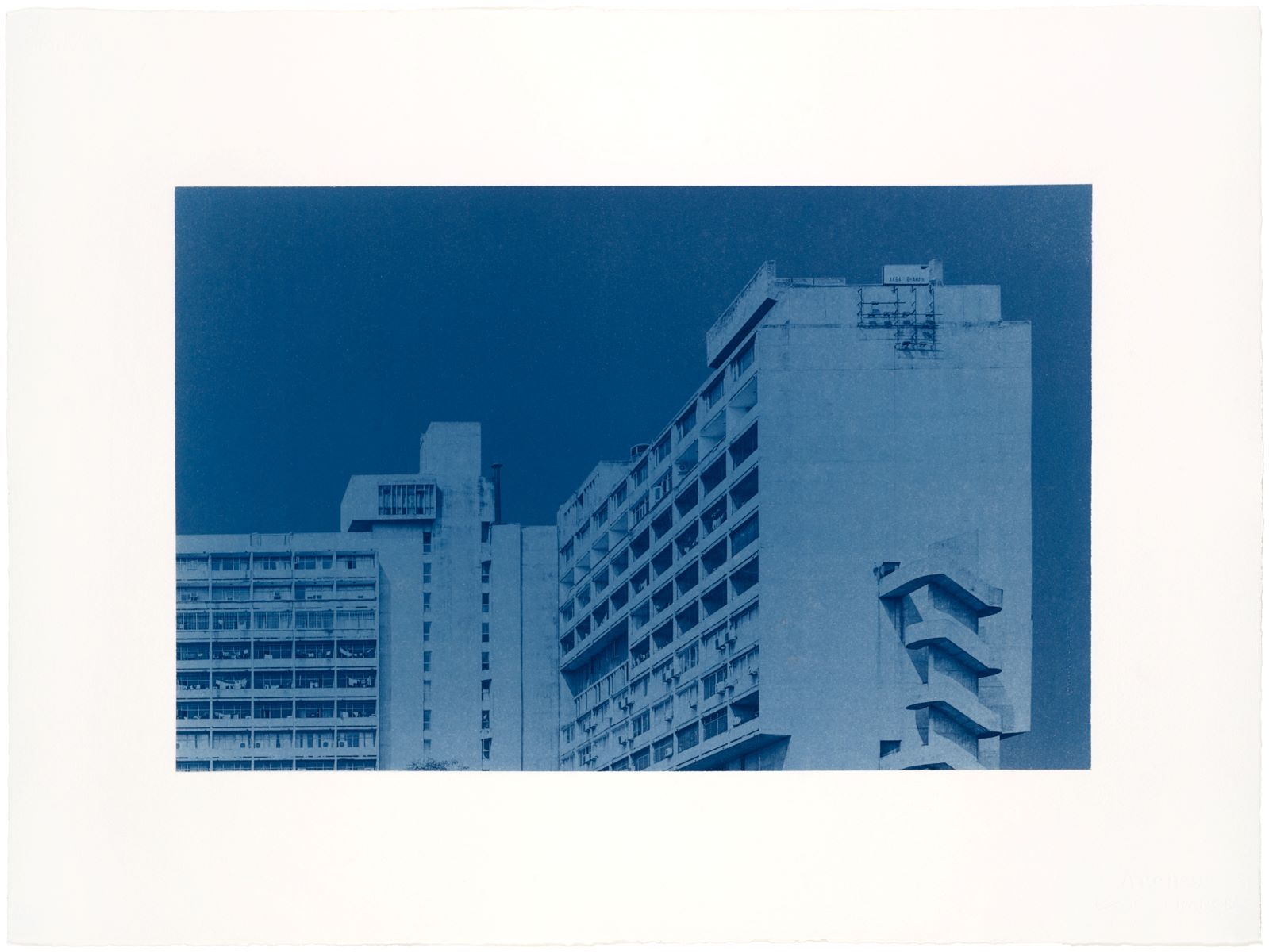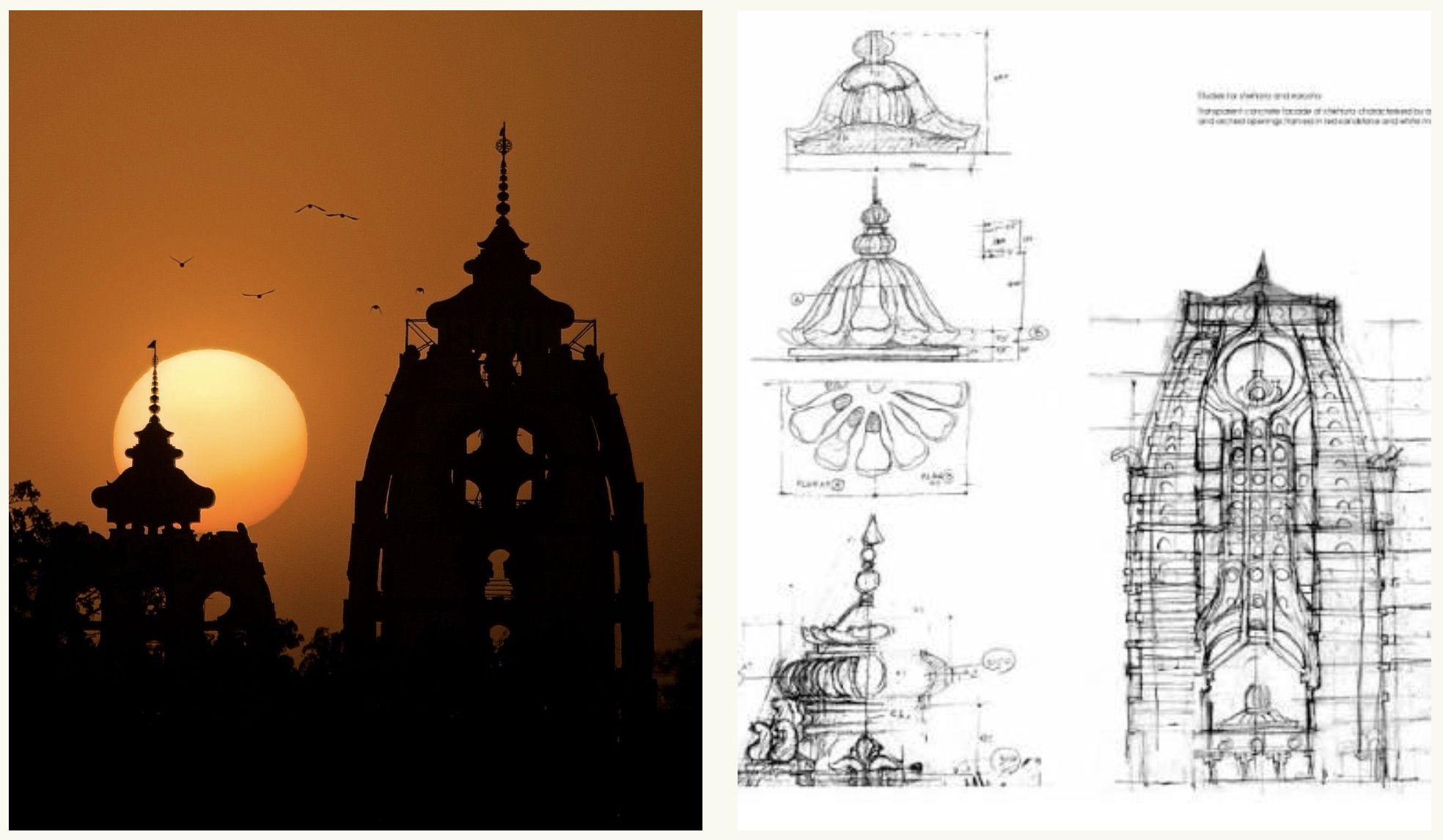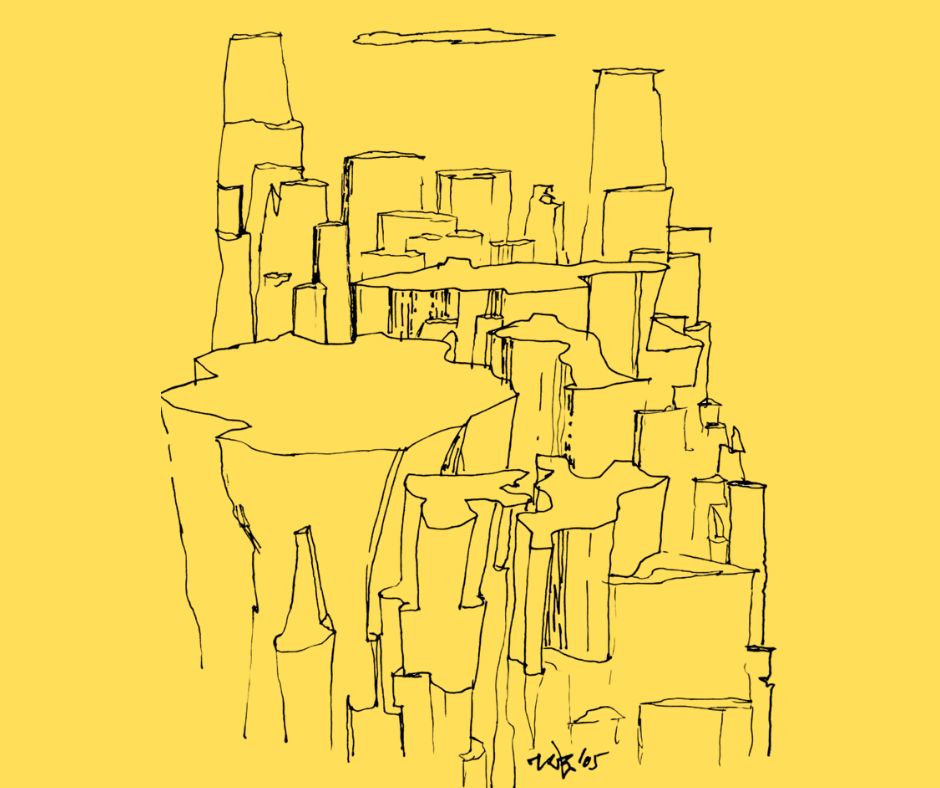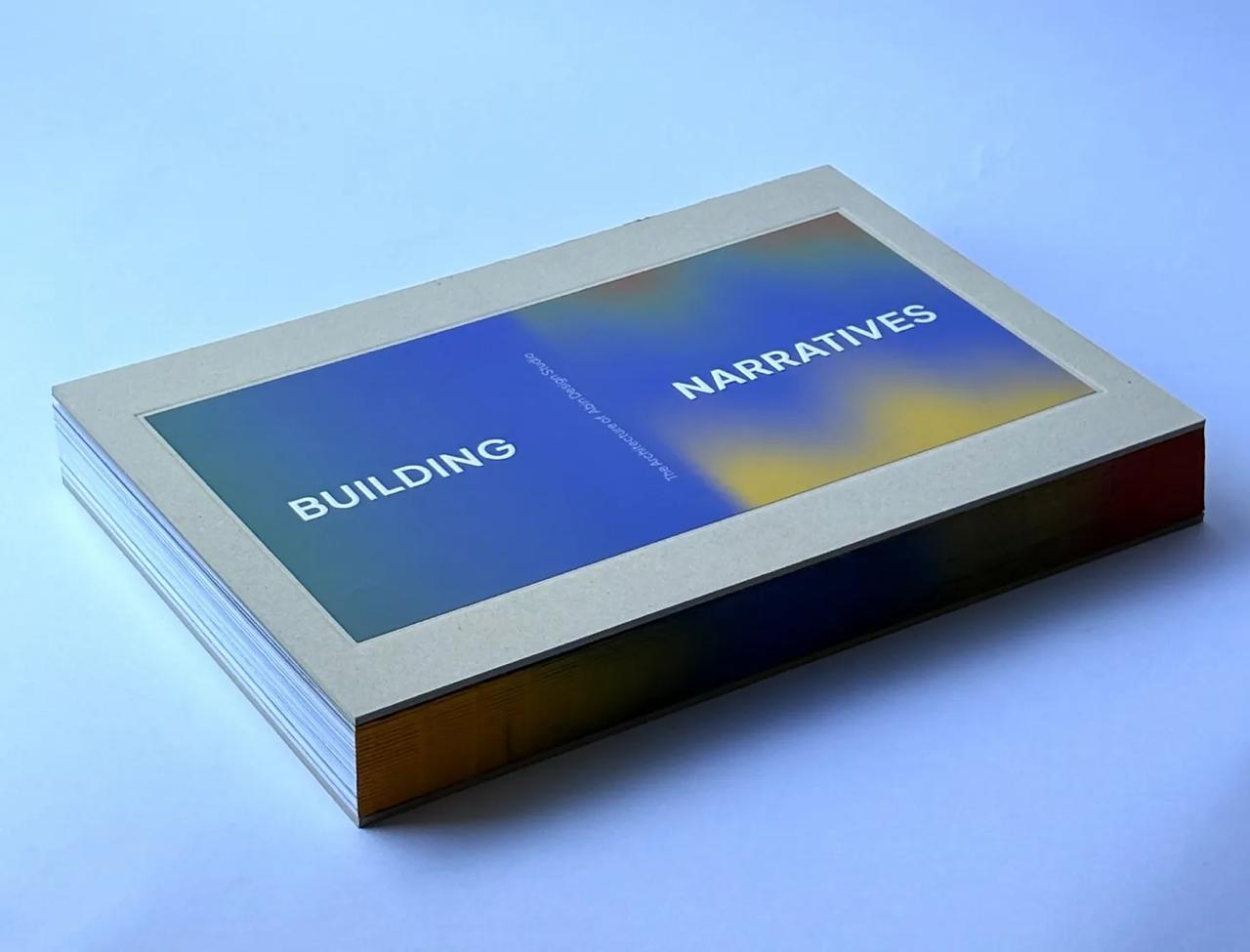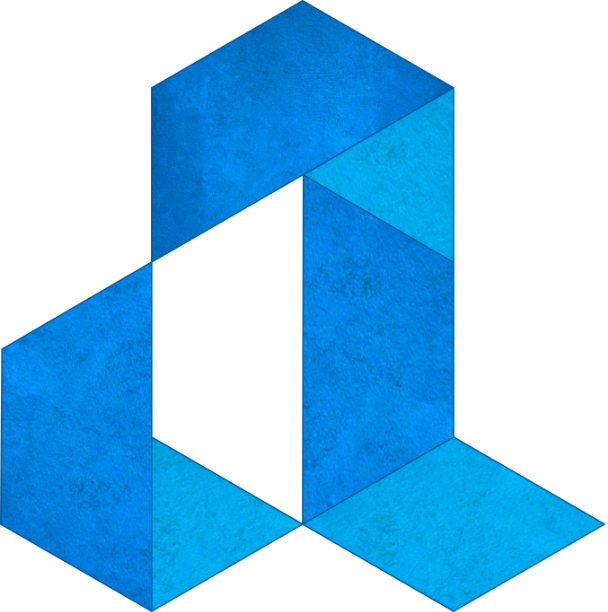Tell us about some important projects that your studio was involved in just before the lockdown.
In 2019, rat[LAB] was involved in many key projects such as Parametric Temple (Shirdi Sai Baba Temple, Tamil Nadu), Co-working and commercial spaces in New Delhi, Goa, Chennai, and Bengaluru, Facade Design project in Kolkata and Surat, and a Cricket Stadium design in Brisbane, Australia, among others. The academic wing of the studio, rat[LAB]EDUCATION, expanded to global territories with workshops and conferences in Philippines, Ukraine, Belarus, London. All of these took a drastic turn in 2020 as we were hit by the pandemic and it posed new challenges as well as unexplored opportunities.
Which were the biggest challenges and fears you faced because of the lockdown?
The uncertainty of the pandemic and lockdown was the biggest challenge as one could not plan the next steps due to the risks involved. Delaying of projects, shelving of associations, cancellation of work travels, were some of the negatives that overpowered this phase.
What were the challenges you faced with the monetary flow in your practice and how are you handling them?
Without a doubt, there was a big setback as far as the monetary flow or commercials of the practice were concerned. However, with much of the savings in our practice from previous years, things were comparatively neutral for some time. It demanded some strict actions and steps to restabilize the losses. New avenues and methods of working were established with some bold steps to change the way we functioned.
The type of projects we had also provided some aid in moving forward. There was a belief (and still is!) that innovation and design thinking as a practice can help solve many problems in new ways, which we are continuing to explore.
How are you strategizing to adapt to the new conditions of work upon resumption of office post the lockdowns?
We have taken some drastic measures to change the way we work. Reinstating remote-working methods as well as establishing new in-studio protocols were worked out. These are more experimental and might continue for some more time as we see the best methods of moving forward. For instance, we have created new Super-internships, as we call it, focusing on nurturing the entrepreneurial aspects and specialization for interns and fresh graduates. This is also an opportunity that we hope that the younger generation sees and grabs, instead of waiting for things to go back to normal.
Were any new methods of work evolved during the lockdown?
Yes. These are still evolving as we see 2021 as the year of conscious experimentation and thoughtful innovation. We are training new people in these fresher ways of work to ensure a productive year for all of us. Since the foundation of rat[LAB] was rooted in cloud computing and remote-working, with many global collaborations since its inception, we took it upon ourselves as an opportunity to reinstate those methods and move forward. The academic wings with us, rat[LAB]EDUCATION and SmartLABS, took new turns in positive ways to create Online programmes, conferences and discourses to involve a larger global set of participants that come together virtually to share and exchange ideas and knowledge. We managed to on-board individuals from five countries to become a part of our team and this led to new ways of working and working across timezones.
How were the coordination issues resolved with the studio staff and on-site team?
There were a lot of disruptions initially which was resolved by acclimatizing clients with new ways of working, to start with. Various teams on site were also given online inductions to ensure that there is a continuity of work, as soon as site work resumes. Taking health and safety precautions was important for all, and it continues to go back to normal, with passing time. The studio staff was made aware of remote-working methodologies such as video conferencing, data organizing on cloud, time-tracking and more, as some of the many steps that are followed.
What were the biggest learnings from the pandemic? And which decisions and new work methods you feel your studio will continue with for the future?
Nothing is constant. Anything can change anytime! This is something all of us learnt with this pandemic and it has allowed us to think one-step-at-a-time and shift gears accordingly. While long-term planning is important, it is even more important to adapt to situations, if things do not work out. Adaptation is the key to success and short-term goals are equally important as long-term goals.
Leveraging virtual connectivity is one thing that we would continue to practice for times to come, and use it as a potential, instead of seeing it as a limitation. We would continue to have more global associations with remote-working methods in place, and also continue to have more online workshops and conferences to establish a more global culture in our studio`.
About the Practice –
Please let us know about the founding year, principals, team and studio.
rat[LAB] was started in London in 2012 as an independent research laboratory to unify design and technology through advanced computation. A head-office was set up in New Delhi, India in 2015, as a hub to connect the entire network of rat[LAB] spread across UK, Europe, USA and Asia through a cloud-based setup. Our team comprises architects, interior designers, computational designers, engineers, sustainability consultants, digital fabrication experts, robotics developers and urban planners. We facilitate architects, planners, product designers, developers and designers from all disciplines to help them develop their work further through the use of advanced computation. We aid designers in achieving design performance and efficiency concerning the work environment, structure, time, aesthetics and workflow.
Sushant Jai-Amita Verma is a Design Entrepreneur, Architect, Computational Designer and Educator, currently leading rat[LAB] Studio (Research in Architecture and Technology). The studio investigates intersections of design, art and technology through architecture, interior design and art installations. Sushant holds a Masters Degree in Emergent Technologies and Design from Architectural Association, London and is a former architect at Zaha Hadid Architects, London. He is also a Senior Editor at Arch2O. He is the founder of rat[LAB] EDUCATION, which is an initiative to spread the idea of computation in design through independently-organized design workshops for profession and academia. Sushant also started and currently heads Smart Labs, which is India’s first 6-month hybrid programme on Computational Design that blends studio learning and e-learning using a technology-oriented approach.
In 2012, rat[LAB] was started by Sushant Verma alongside Pradeep Devadass in London. While Sushant heads the India office, Pradeep is involved remotely in research projects, as he teaches at The Bartlett, UCL (London) as a roboteer expert.
What are some of the processes and work methods unique to your practice?
The foundation of the organization was based on associations and remote-working, back in 2012, which continued to evolve and develop with time, until the New Delhi studio was established in 2015. Interestingly, the remote-working aspect resurfaced in 2020 due to the pandemic, as the ways of operation had to be updated. Use of design technologies, and creating new ones are the key aspects of rat[LAB]’s working ethos and form the main work process.


![Persisting with tech for an ever-changing world - Sushant Verma, rat[LAB]](https://architecture.live/wp-content/uploads/2021/02/SushantVerma_ratLAB_Portrait_2019_02BW1-e1613811340986.jpg)
